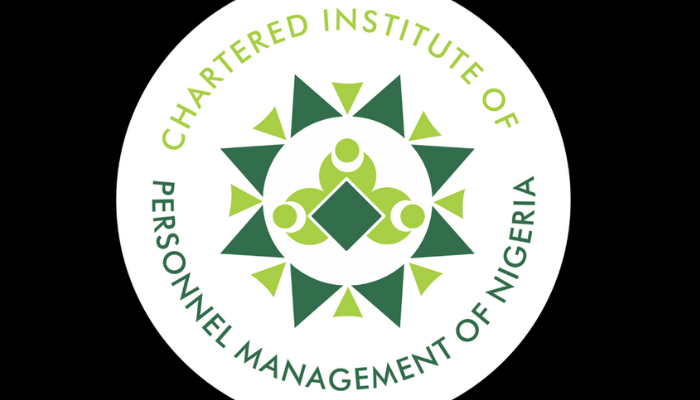The Chartered Institute of Purchasing and Supply Chain Management of Nigeria (CIPSMN) has delivered a scathing assessment of the federal government’s handling of public resources, squarely blaming persistent neglect of procurement and supply chain management principles for the country’s recurring mismanagement woes. At the recent induction ceremony for new members in Lagos, the institute’s Registrar and CEO, Professor Aliyu Mohammed, did not mince words as he highlighted how the government’s disregard for established rules, regulations, and professional ethics has paved the way for contractors to abscond with mobilisation funds, leaving critical projects abandoned and taxpayers shortchanged.
For years, Nigeria has grappled with the consequences of weak procurement oversight. According to CIPSMN, this chronic neglect has allowed inefficiency and corruption to fester, resulting in the loss and misallocation of vast public funds. Professor Mohammed stressed that the absence of professionalism and strict adherence to procurement best practices has not only undermined service delivery but also eroded public trust in government institutions. He warned that unless urgent reforms are implemented, the country risks deeper setbacks in its quest for good governance and economic development.
Backing up these claims, research cited by the institute reveals that procurement and supply chain professionals manage between 70 to 75 percent of the nation’s expenditure at all levels of government-funds meant for acquiring goods, services, and infrastructure that directly impact citizens’ lives. Yet, the continued reliance on untrained personnel and the failure to professionalise procurement functions have deprived Nigeria of the benefits of global best practices, transparency, and value for money.
CIPSMN’s call for reform is not new. The institute has been at the forefront of advocacy for the amendment of its establishment Act, seeking to align Nigeria’s procurement practices with international standards and ensure that only certified professionals handle the nation’s procurement processes. This push, they argue, is essential for curbing procurement-related corruption, which, according to figures presented by the Economic and Financial Crimes Commission (EFCC), has cost the country over N2.9 trillion in recent years.
The institute’s position has found some resonance in the National Assembly, where lawmakers have acknowledged the critical role of procurement professionals in safeguarding public resources. During a recent public hearing, the Chairman of the House Committee on Public Procurement, Hon. Unyime Idem, reiterated the need for strict compliance with the Public Procurement Act and the importance of institutional reforms to promote transparency, accountability, and efficiency across Ministries, Departments, and Agencies.
In conclusion, CIPSMN’s message is clear: the government must prioritise procurement and supply chain management as a cornerstone of effective governance. Only by embracing professionalism, enforcing due process, and empowering certified experts can Nigeria hope to reverse the tide of resource mismanagement and deliver real dividends of democracy to its people.







